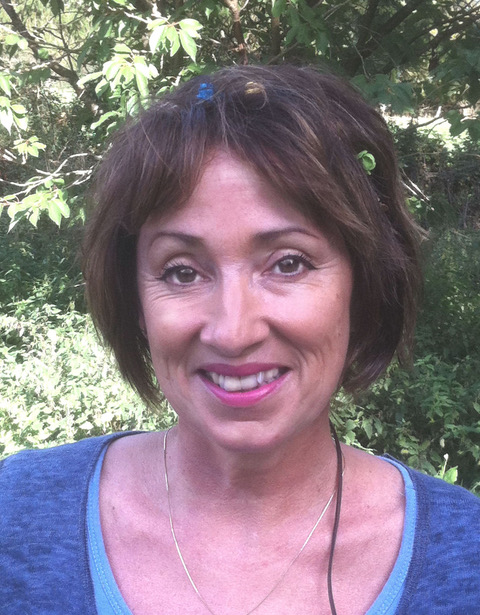Emma Rasalingam is an art and drama therapist in Tunbridge Wells
What attracted you to become a therapist?
I used to be a primary school teacher. I worked in a deprived area of London and became increasingly aware that many of the children were in no fit state to learn as they had not experienced 'good enough' parenting. I saw them getting told off for being angry and for 'acting out' in school and I knew that making their feelings 'wrong' compounded the problem and was not the answer. Lots of the children had good reason to be feeling the way they did and their feelings clearly needed to be validated and released in a safe environment. I was drawn and seemed to be guided towards integrative arts psychotherapy and then went on to specialise as a drama psychotherapist.
Where did you train?
I spent two years training at the Institute of Art and Therapy in Education followed by a full time Masters course at the Royal Central School of Speech and Drama. It was a fantastic course which was both very experiential as well as theoretical. It was made up of a super mix of people both training and facilitating the course. It was apparently a first, that our year had just as many men as women - a perfect balance.
Can you tell us about the type of therapy you practice?
I am trained in integrative arts psychotherapy and have then specialised as a drama psychotherapist. It means that I encourage clients to express themselves creatively and work through issues in a way that can directly access their unconscious. I know personally how guarded one can be in some of the more traditional talking therapies. In working with the unconscious in a creative way, people's guards are dropped and it can be much more revealing and deeply healing.
What sort of people do you usually see?
I see children, I work with families, and I see adults who know that they have issues that need addressing. I also work with groups of children, teenagers, adults with learning difficulties, and with parents with their children.
What do you like about being a therapist?
I like creating the environments that facilitate openness and allow intimate honesty that I experience with my clients and groups. It's something that is always unique and always feels such a privilege to witness and be a part of.
What is less pleasant?
When initially working with groups of children, who in ideal circumstances need one-to-one therapy, I am aware that I can be really affected by the amount of pain that is present.
How long you've been with welldoing.org and what you think of us?
I like the weekly newsletter and the way that welldoing.org brings therapists and clients together. I am not a fan a social media in general so do not buy into Facebook etc., however I am happy to have some online presence as a business with welldoing.org and my own website.
Do you ever suggest books or apps to clients?
I will sometimes suggest a book to a client if I feel it will be of help to them and their process. For example I have recommended Why Love Matters by Sue Gerhardt, which is about understanding the science behind the importance of loving our children. It can help a patient to comprehend the neurological realities of a damaged childhood and inspire a new parent to give their child the holding they need.
What do you do for your own mental health?
I practice yoga a few times a week and living in the sticks surrounded by fields and wildlife helps me maintain a sense of clarity. I love to swim outdoors in the summer. I also enjoy cooking whilst listening to comedy on Radio 4 and being around the people I love.
You are a therapist in Kent, London, Sussex and Surrey. What can you share with us about seeing clients in those areas?
The settings in which my clients experience therapy is a crucial aspect of what I offer. My client groups and the spaces I work in vary widely, but a safe, uninterrupted place where they feel free to express themselves is key. I am passionate about running early intervention groups so in my sessions in schools I always transform a utilitarian classroom into a more magical space for the children to enter.
What's your consultation room like?
It is like a big playroom! It is comfortable, spacious, safe and full of puppets, toys and art materials. The room itself gives a sense of holding and durability. It has the feeling of permanence. It's solid structure and earthy materials have weathered all the elements as it has been a solid and containing space for hundreds of years. Overlooking open countryside views, the space offers people peace, escape, inspiration and security.
What do you wish people knew about therapy?
How it is such a useful tool for us all. You don't need to be especially unhappy or have some diagnosis to either need or gain something from therapy. It is an empowering process that gives us all insight and understanding into ourselves and the human condition.
What did you learn about yourself in therapy?
How important it is to understand and own our opposite/contradicting aspects of ourselves before we can experience and find a healthier middle ground.

